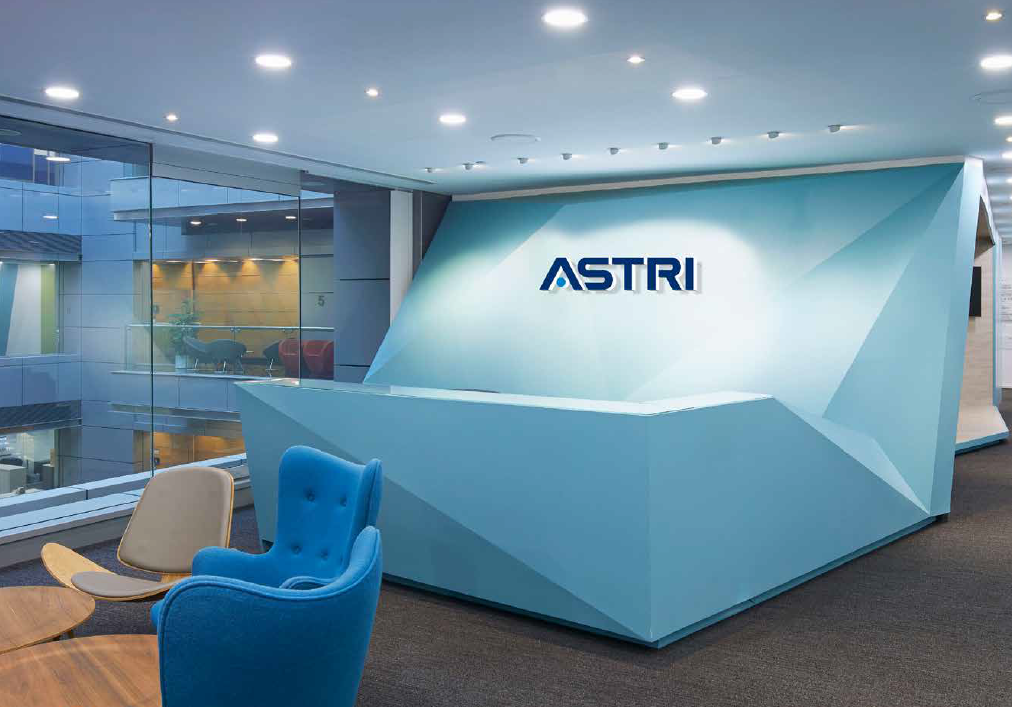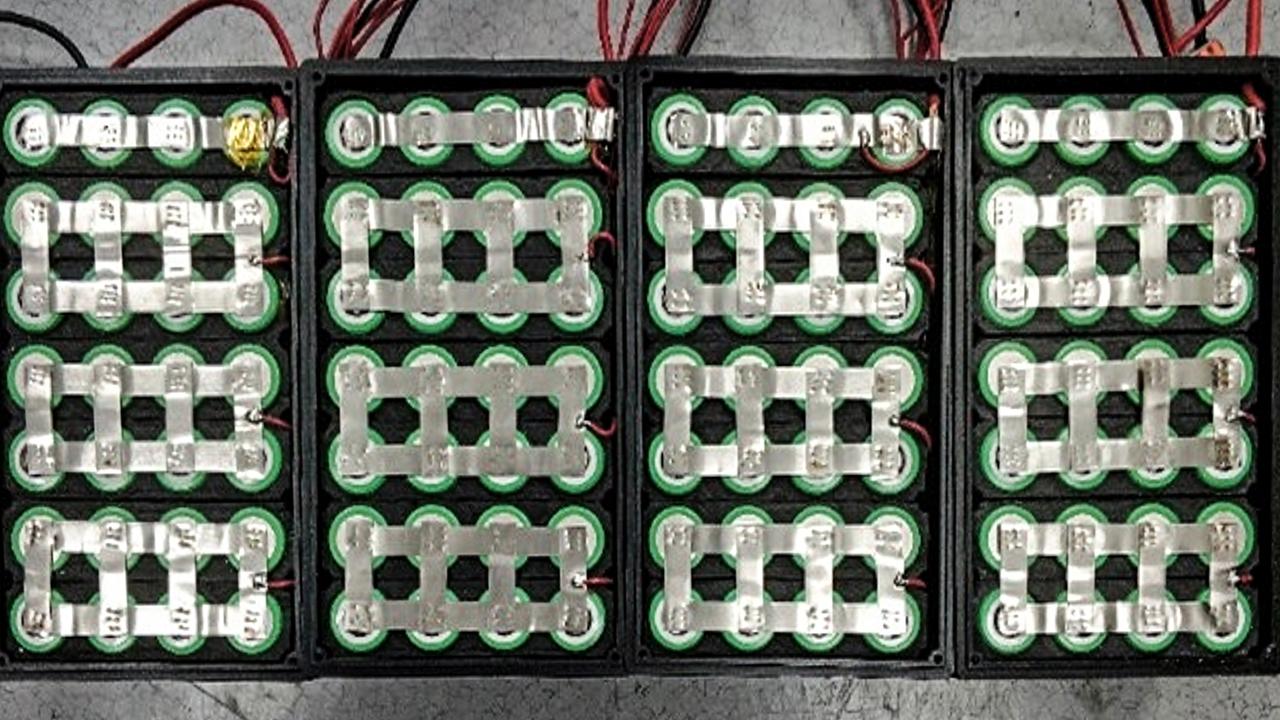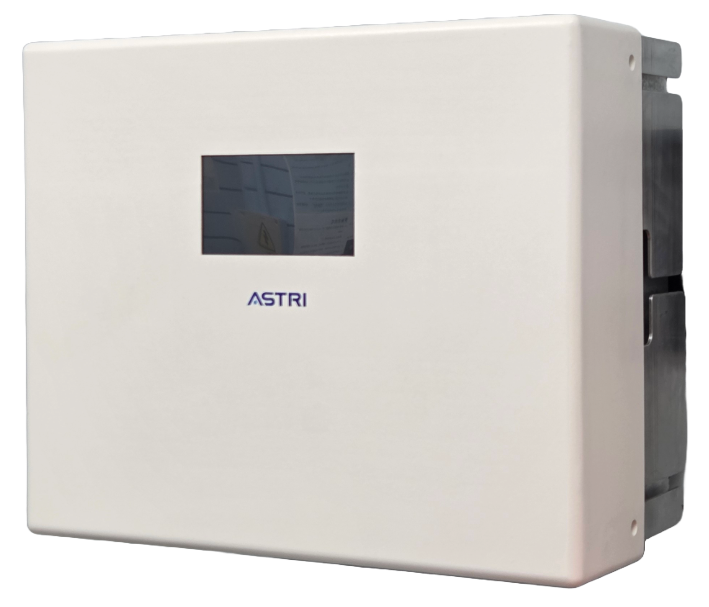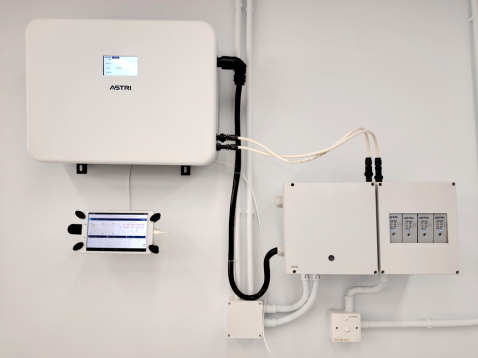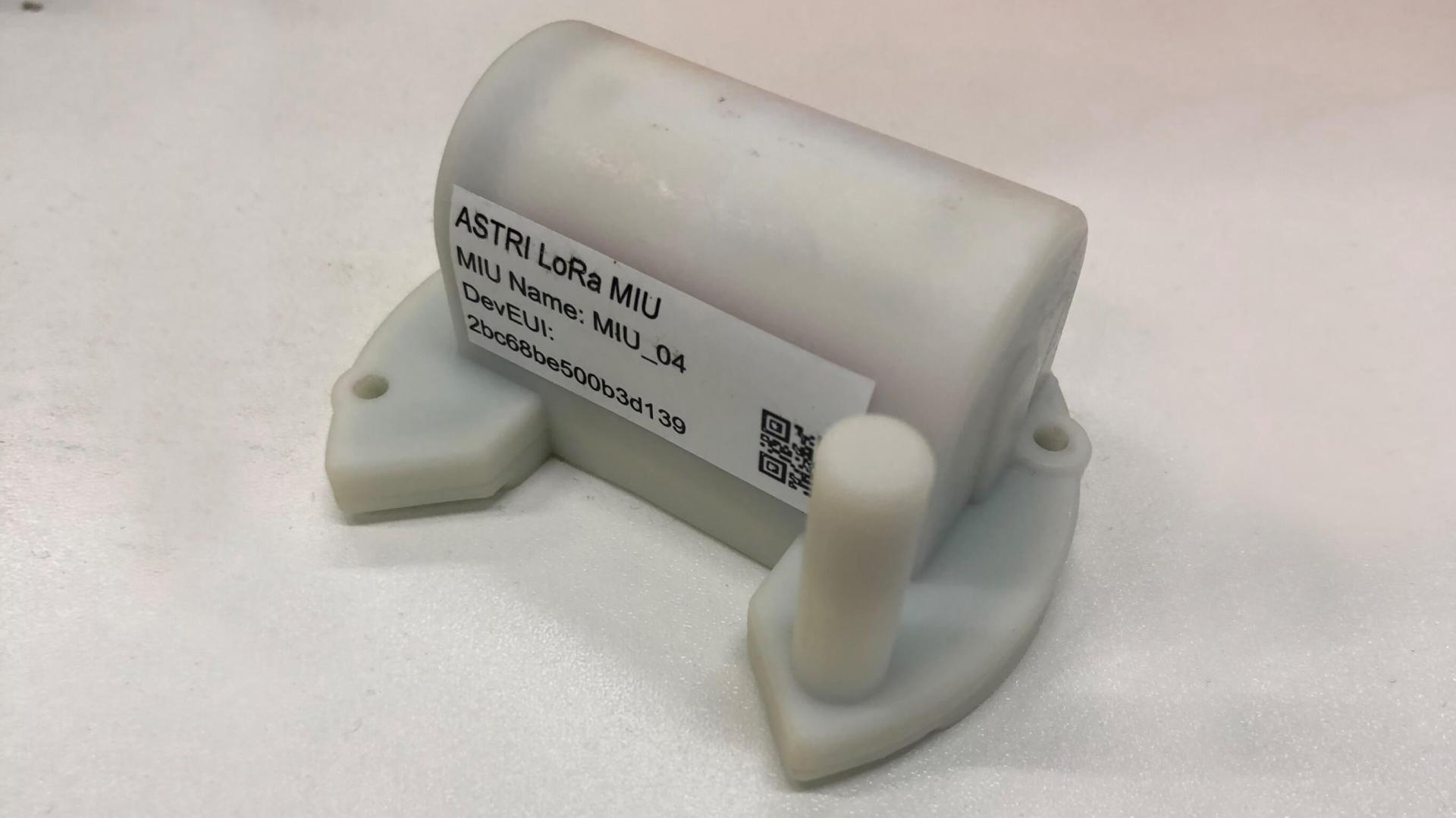
System-on-chip (SoC) for high-speed data transmission within the human body
ASTRI developed an SoC for high-speed data transmission within the human body for capsule endoscopy, providing a more comfortable option for gastrointestinal examinations. The SoC is highly integrated to realize smaller capsule. The design uses a high-performance "asymmetric modem" and powerful LDPC error correction algorithm to support high-definition images transmission.
There are no wireless communication protocols and chips suitable for capsules in the market. The complete capsule includes image processing, power management, program storage modules, which makes the circuit board very large, and thus the final product is also very large. The data rate of market available products is only 0.5 to 1 Mbps, so the image quality and resolution are very low, and the frame rate per second (FPS) is only 2 to 6.
- The highly integrated SoC saves 42% chip area, greatly reducing the size of the circuit board and enabling a smaller next-generation capsule system.
- Proprietary communication protocol, asymmetric RF communication and signal modem functions, and powerful LDPC error correction algorithm. The image transmission rate can reach 7.2Mbps.
- Supports the transmission of high-definition images. The maximum resolution can reach 1080x1080 and supports front and rear dual image sensors.
- Greatly enhance the market competitiveness of next-generation capsule endoscopy
- Promoting the wider application of capsule endoscopy
- Help Hong Kong and China maintain its leading position in the field
- Hong Kong ICT Awards (HKICT Awards) 2024: Smart Living (Smart Healthcare) Bronze Award
- Geneva Invention 2025 - Silver Medal, A Portable Automatic Control System for Capsule Endoscopy in Stomach
Hong Kong Applied Science and Technology Research Institute (ASTRI) was founded by the Government of the Hong Kong Special Administrative Region in 2000 with the mission of enhancing Hong Kong’s competitiveness through applied research. ASTRI’s core R&D competence in various areas is grouped under four Technology Divisions: Trust and AI Technologies; Communications Technologies; IoT Sensing and AI Technologies and Integrated Circuits and Systems. It is applied across six core areas which are Smart City, Financial Technologies, New-Industrialisation and Intelligent Manufacturing, Digital Health, Application Specific Integrated Circuits and Metaverse.
